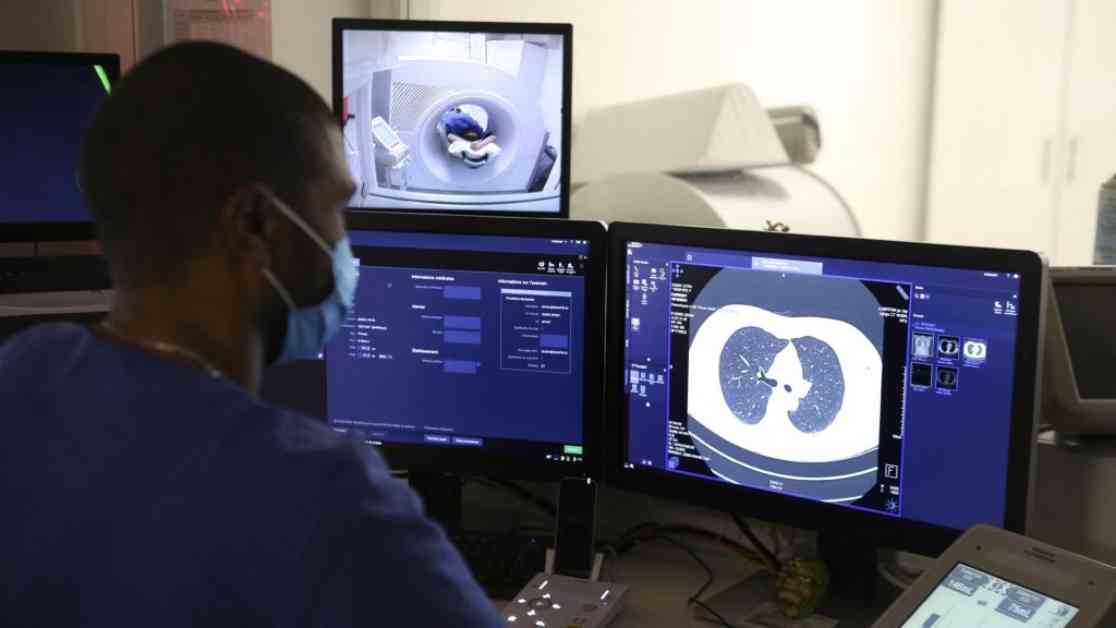The impact of artificial intelligence (AI) on radiologists’ burnout has been a topic of recent discussion. A study conducted in China involving over 6,700 radiologists revealed a surprising result – the use of AI did not reduce burnout among radiologists. In fact, there was a positive correlation between burnout and AI use, especially among radiologists with high workloads and low acceptance of AI.
Keith Dreyer, a radiologist and chief data science officer at Mass General Brigham, suggested a possible explanation for this phenomenon. He pointed out that most AI-enabled medical devices cleared by the FDA are imaging-related and classified as “CADt” (computer-aided detection, triage). These tools can only prioritize patient scans for radiologists without indicating what specifically is suspicious on the scan. This limitation may actually add to the workload of radiologists, rather than ease it.
Dreyer likened the situation to TSA officials at the airport being directed to screen certain passengers without being told what to look for. This lack of specific guidance can slow down the radiologist’s workflow as they try to identify the potential issue without clear direction from the AI tool.
In addition to the challenges posed by current AI tools, the FDA is also facing complexities in regulating generative AI. The FDA’s digital health advisory committee recently met to discuss how to regulate AI, particularly generative AI, which presents unique challenges in terms of evaluation, accuracy, post-market reporting, and testing.
Furthermore, a report from the Department of Health and Human Services’ Office of the Inspector General revealed that the Office for Civil Rights has not conducted a HIPAA audit on healthcare organizations since 2017. This lack of oversight may be contributing to the increasing number of data breaches in the healthcare industry.
On a different note, Neuralink announced a new feasibility trial to test their brain implant’s ability to control a robotic arm. The company is also recruiting participants for an international trial in Canada to help individuals with mobility issues.
In other news, Epic Systems and Particle Health are engaged in an antitrust lawsuit, while Cradle, a generative AI protein engineering platform, has secured funding for its series B. Additionally, Philips has expanded its partnership with Amazon Web Services to offer diagnostics tools in the cloud and utilize generative AI workflows.
As the healthcare industry continues to navigate the challenges and opportunities presented by AI and technological advancements, it is essential for regulatory bodies, healthcare organizations, and technology companies to work together to ensure the effective and safe implementation of these innovations.


















